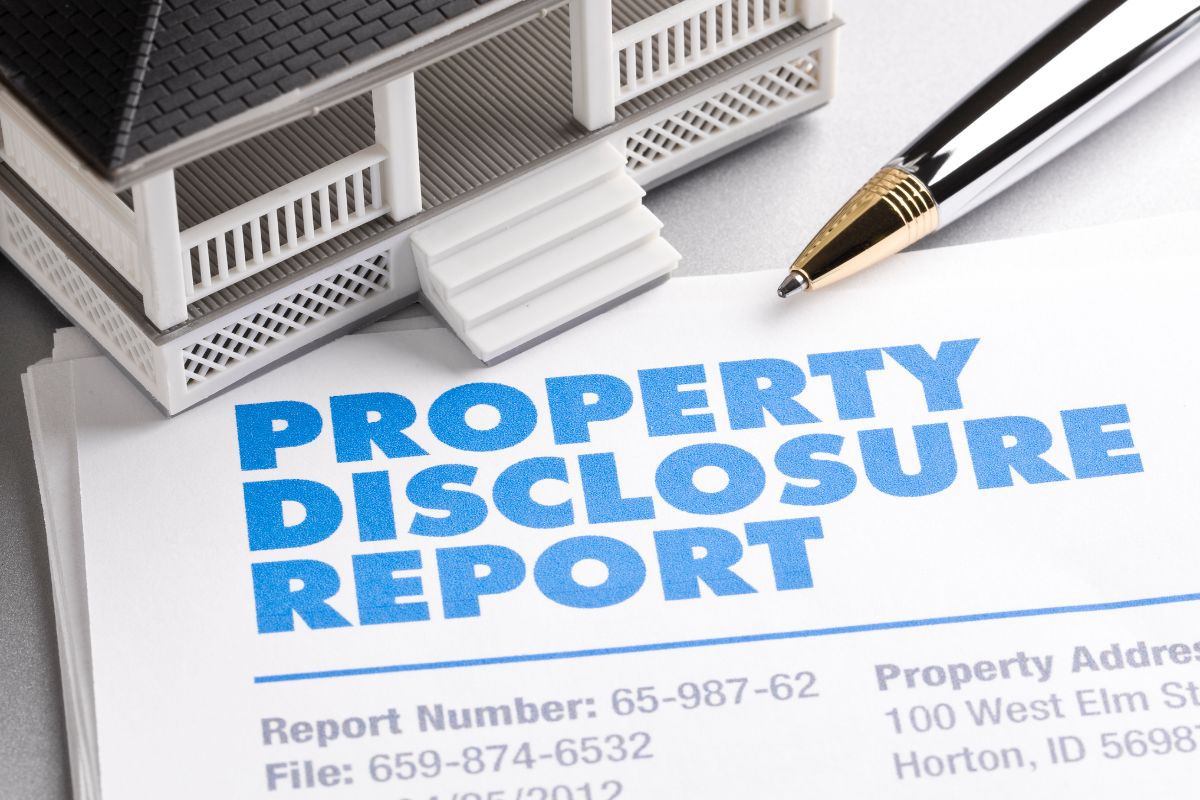One of the most common real estate transaction disputes is a non-disclosure claim regarding the property’s condition. If one of the parties is silent about important details regarding the contract, the omission could be a material breach of the contract if a court decides that the party had a duty to disclose the information that was omitted.
The Contractual Duty of Good Faith
All Arizona real estate transactions are governed by a contract, which requires both sellers and buyers to act in good faith. Most Arizona real estate transactions involve the use of the Residential Resale Real Estate Purchase Contract of the Arizona Association of REALTORS® as well as the Residential Seller Property Disclosure Statement (“SPDS”) and the Buyer’s Inspection Notice and Seller’s Response (“BINSR”).
A seller has a duty to disclose material facts to the buyer, which are not known by the buyer, if the material fact would affect the value of the property. Conversely, a buyer has a duty to disclose facts critical to their ability to perform (i.e., timely close the transaction).
Disclosure Duties under the Residential Resale Real Estate Purchase Contract
The Residential Resale Real Estate Purchase Contract requires sellers to provide buyers with the SPDS within five days of contract acceptance. The SPDS is executed by the seller and includes all information about the property based on the seller’s actual knowledge. Buyers rely heavily on the SPDS to inform them of any past or current faults with a property.
The buyer then has the responsibility to have the property inspected. Under the Residential Resale Real Estate Purchase Contract, buyers have 10 days to conduct a property inspection to verify the condition and value of the property. The buyer then submits a BINSR to the seller that specifies any items for correction or indicates acceptance of the property in its current condition.
Upon receipt of the BINSR, the buyer can elect to correct some or all of the items of concern or refuse to provide corrections. If the seller refuses to correct the items, the buyer has the option to cancel the contract or to accept the property as-is.
Arizona law exempts certain conditions from disclosure:
- the property is or has been the site of a natural death, suicide, or homicide;
- the property has been occupied by someone with HIV or a similar disease; or
- the property is located in the vicinity of a sex offender.
Resolution of Disclosure Disputes
The Residential Resale Real Estate Purchase Contract requires that the parties submit their disclosure disputes to mediation before filing a lawsuit. Mediation has many advantages over litigation. First, mediation is a much quicker process – parties can get their case resolved at mediation in less than one month. On the other hand, it typically takes anywhere from six months to two years to obtain resolution through the courts.
Second, mediation is much less expensive than litigation, partially because it is much quicker. Third, mediation leads to more amicable results because the parties get to create their own mutually agreeable outcome.
Importantly, if the parties agree to submit their dispute to mediation, they do not forfeit their right to go to court regarding any claims that do not get resolved at mediation.
Our real estate attorneys represent parties on either side of real estate and financing transactions, including buyers, sellers, landlords, tenants, lenders, borrowers, trustees, guarantors, shareholders, partners, and others. We advise, structure, negotiate, and document a variety of real estate and financing transactions, including leases, purchase and sale agreements, financing agreements, and development agreements for a variety of commercial and residential projects. Contact us today and learn how we can help.


